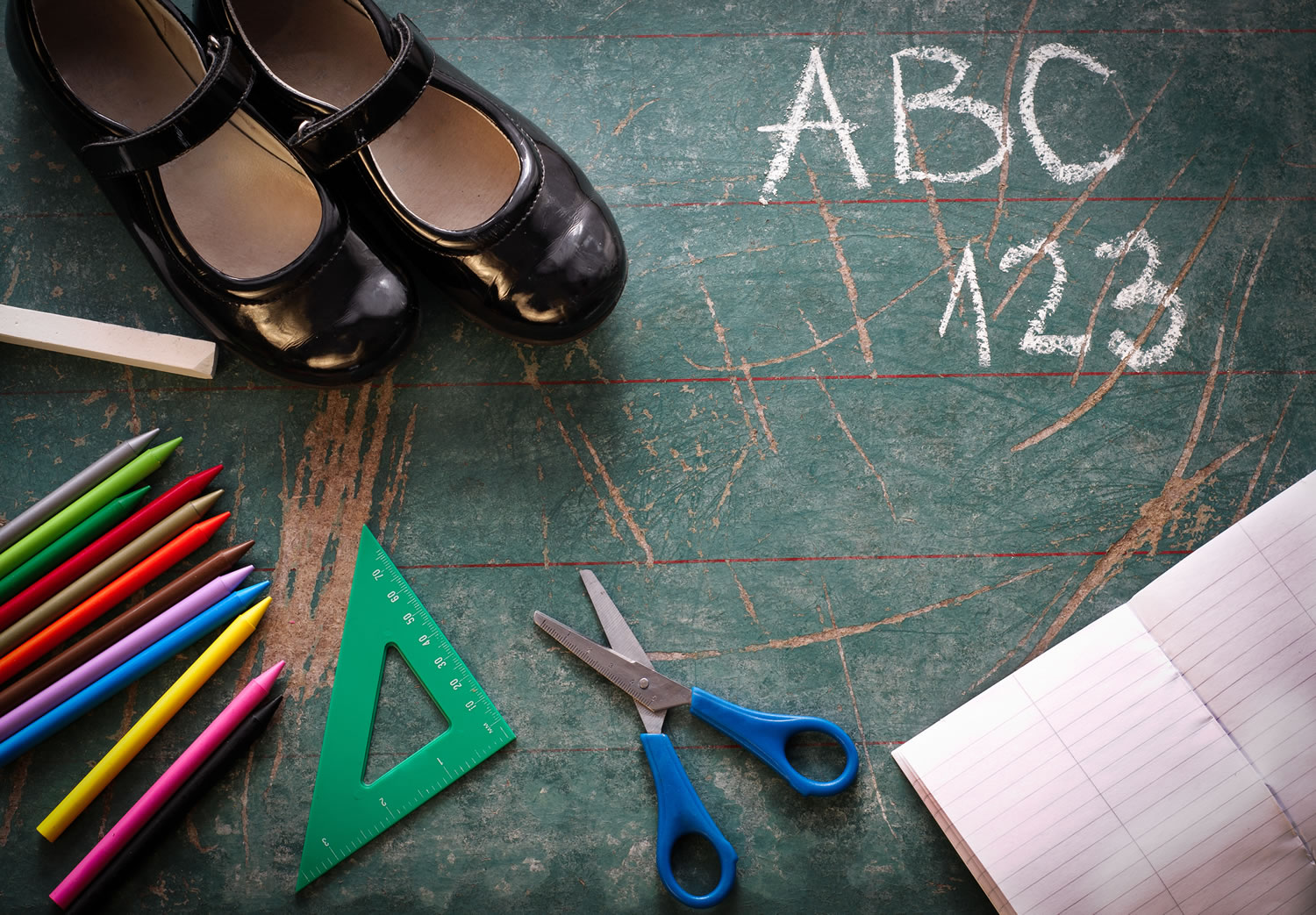How early learning educators help children prepare for school
Published on Wednesday, 25 November 2020
Last updated on Monday, 23 November 2020

Many children are moving from early childhood education (ECE) to big school at the start of next year, and although some will be excited about this prospect and others might be a little anxious, you can rest assured that quality early learning educators have lots of experience in helping under sixes transition to school.
Along with parents and whānau, educators teach preschoolers numerous skills that help to ensure a smooth start to their primary education, so let’s see how ECE sets youngsters up for school.
What life skills do children need for school?
Independent eating, toileting and property management skills will all help a child navigate their school day, and ECE routines and policies teach and reinforce these practical skills.
At ECE, there are special hooks and bag nooks for children’s belongings, thorough hand hygiene procedures (especially after COVID-19) and lots of opportunities for preschoolers to increase their autonomy with the support of a care-giver.
Specifically, the ECE environment provides opportunities for children to:
- Put on and take off their coats
- Do up their shoes
- Unpack and hang up their bags where they’re told
- Ask for the things they need
- Go to the toilet and wash their hands
- Blow their nose
- Recognise when they’re thirsty and get a drink of water
The government says all of the above skills will help children when they start school, so it’s a good idea for under sixes to practice these things at home, as well as at ECE.
What knowledge and abilities support class participation?
Every child has different interests, strengths and challenges, but generally speaking, the government says children may find it easier to participate in class if they:
- Are comfortable being away from Mum and Dad
- Can sit on a chair at a table for a short time to complete an activity
- Know how to take turns and wait for things
- Know their colours, letters of the alphabet, and numbers one to nine
- Can hold a pencil properly and use scissors
- Can write their name
- Can hold a picture book and turn the pages carefully
On a daily basis, ECE provides opportunities for children to practise these skills.
Separation anxiety eases as children settle in to ECE life, and educators offer a whole host of learning opportunities that prepare children to concentrate, communicate and collaborate in the school environment.
Indoor games, outdoor play and activities around maths, science, literacy and the arts all help to prepare preschoolers cognitively, emotionally, physically and socially for ‘big class’.
ECE provides daily opportunities for little ones to focus, cooperate, follow instructions, gain fine motor skills and regulate their emotions and impulses (e.g. learning not to ‘lash out’ or interrupt others).
There are opportunities to wave goodbye to Mum, wait for a toy, get absorbed in story time, count to nine, cut play dough at a desk and take cues from their caregiver.
After all, educators are excellent role-models who speak about school in positive terms and are focused on helping all children make a smooth and happy transition when the time comes.
How else do educators help with the transition to school?
As well as readying children for the move to school, educators also play a crucial role in supporting and scaffolding parents/whānau as their children transition into a new environment.
ECE services provide transition-to-school information, and they’re on hand to talk through any concerns and answer any questions (e.g. if you’re worried about whether your child is school-ready or unsure about an administrative process).
This collaboration between educators and parents/whānau is good for children and their grown-ups, and families also benefit when ECE services and schools work together.
The government says the move from ECE to primary school can be enhanced when early childhood and primary teachers:
- Share common goals for children’s learning, and
- Work together to reduce the discontinuities children experience – sharing the responsibility to support children, parents and whānau through the transition.
As an example, ‘visit to school’ excursions give preschoolers a chance to meet teachers, buddy up with older children and explore the school environment; and an ECE service might develop a ‘going to school book’ using photos from its school visits that children can share with their parents/whānau.
It’s also worth remembering that the transition to school isn’t the only big change in a young child’s life.
Starting ECE for the first time, moving from one ECE service type to another, and moving groups, rooms or areas are all times of change and adaptation for children and their parents/whānau.
Educators (and future educators) are a wealth of knowledge and support when it comes to all kinds of ECE transitions, so don’t hesitate to get in touch with them before or during a big move.
Reference
Further reading
Starting early childhood education next year?
Related Articles

Preparing your child for school
Preparing your child for the transition to 'big' school including what to expect, what you can do to help and ideas for improving your child's school readiness.

An Overview of Before School, After School and School Holiday Child Care Options
Everything you need to know about Outside School Hours (OOSH) Care: including how to find a service near you, costs, school holiday options and more.

Surprising new research on school choice and academic achievement
Considerations when choosing the right school for your child.
